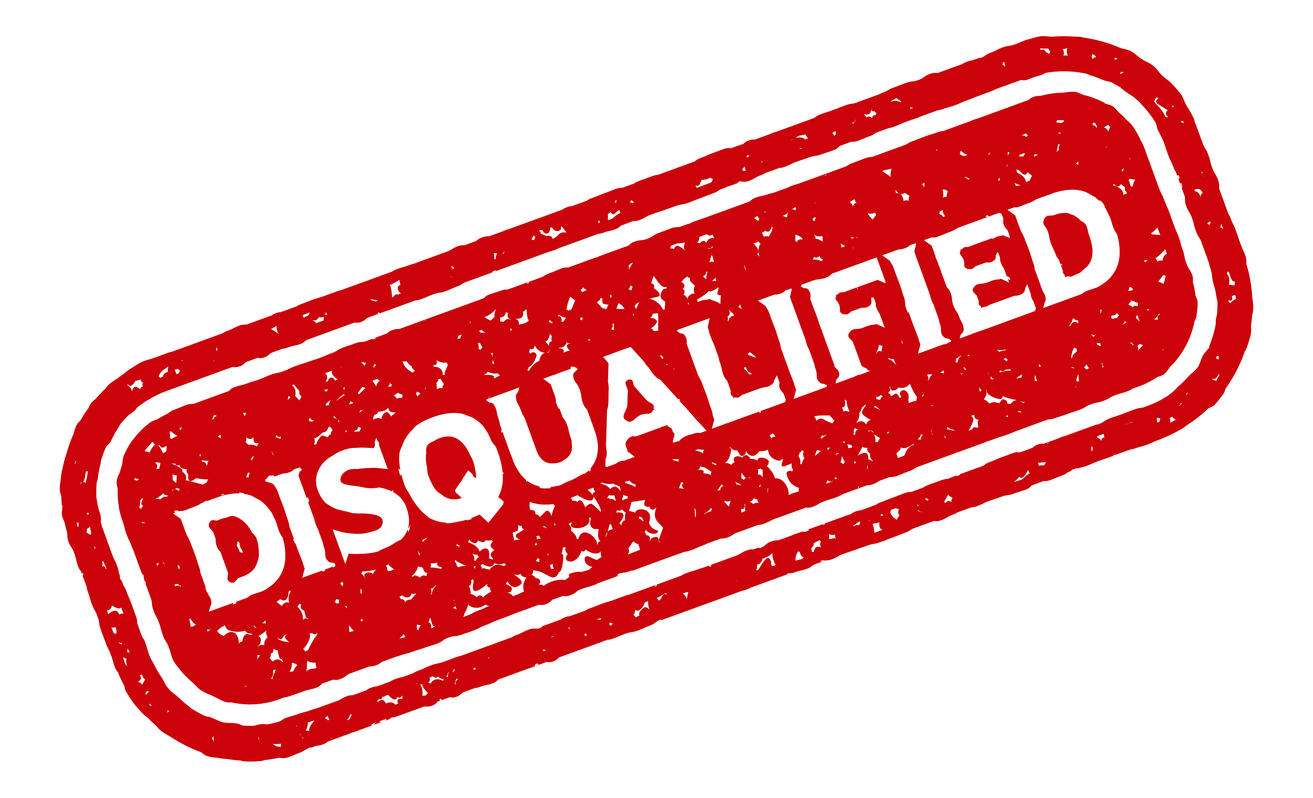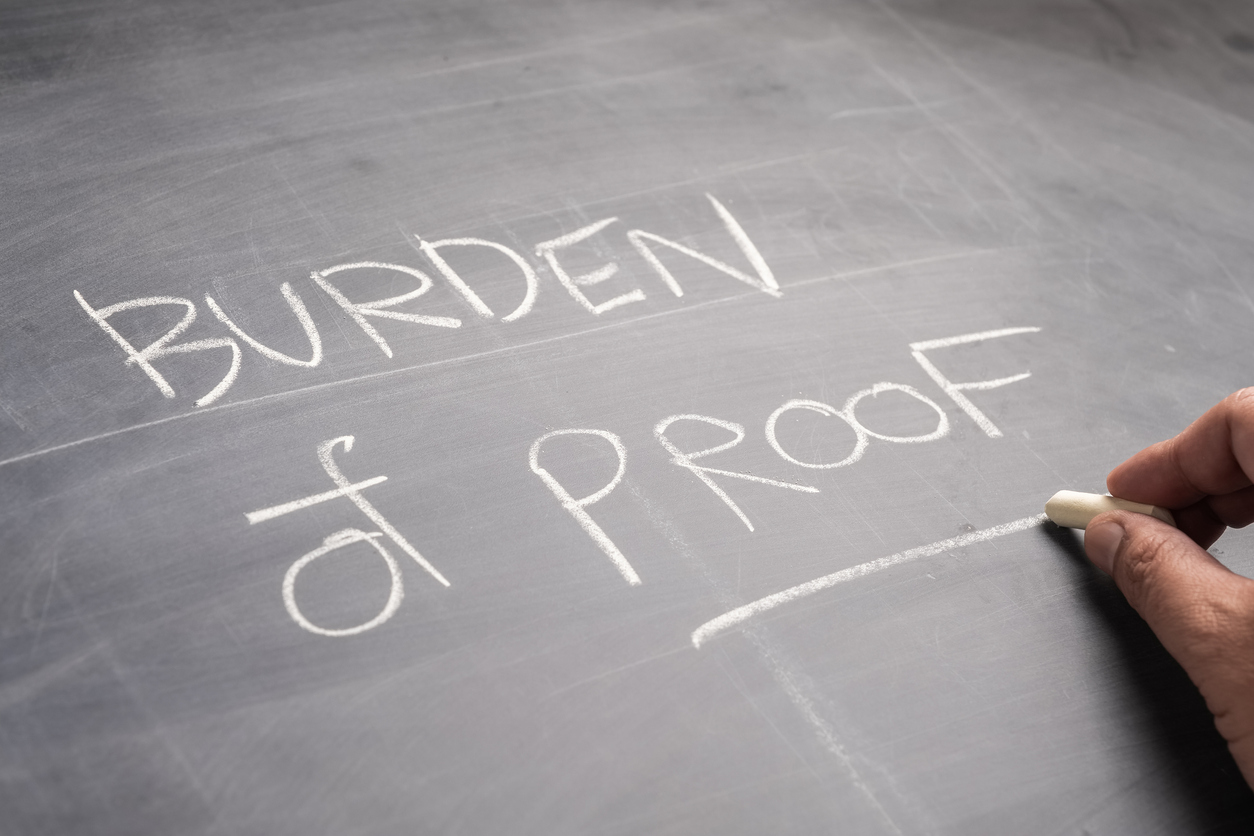Texas policyholders have been through somewhat of a drought lately when it comes to favorable opinions regarding the disposition of motions to sever and abate filed by Defendant insurers. A break in this dry spell, however, arrived with the recent decision of Donald v. Metropolitan Lloyds Insurance Company of Texas.1
This suit presents the typical insurance coverage dispute over underpayment or improper denial of a claim for damages to the insured’s property caused by Hurricane Harvey. Insured asserted a breach of contract claim and extra-contractual claims (bad faith) based on the Texas Insurance Code.
Metropolitan, the insurer, filed a Motion to Sever and Abate the insured’s extra-contractual claims.2 A “severance” divides a lawsuit physically into two or more separate and independent causes of action.3 Causes of action that have been severed from each other into independent lawsuits will be heard by different juries.4 A severance of claims generally rests with the sound discretion of the trial court.5
Metropolitan argued, without asserting any legal authority, that severance and abatement was appropriate because “Plaintiffs’ extra-contractual claims are dependent on a finding that Metropolitan breached the insurance contract. According to Metropolitan, if it is absolved of liability on Plaintiffs’ breach of contract claim, then the time, effort, and money expended litigating the extra-contractual claims will be naught.”6 As the movant, Metropolitan had the burden to show that severance was warranted.7 Metropolitan did not meet that burden.8
Judge Nancy F. Atlas denied Metropolitan’s Motion to Sever and Abate and wrote:
The Court is unpersuaded that severance is appropriate. Severing the extra-contractual claims ‘will save time and resources only if, in fact, [Metropolitan] prevails on the contractual claim.’ [Cite omitted.] If it does not, then a great deal of time will be wasted retaking [certain] depositions, engaging in additional discovery, empaneling a new jury, and conducting a second trial. [Cite omitted.] At this stage, ‘the Court is not in any position to guess which outcome might be more likely,’ the judicial economy argument is therefore a wash.’ [Cite omitted.] Metropolitan has not established that discovery on Plaintiffs’ extra-contractual claims will be unduly burdensome. Indeed, discovery on the contractual claims likely will encompass many of the same documents and witnesses as involved in the extra-contractual causes of action.9
Federal Rule of Civil Procedure 21 governs severance, however, Metropolitan apparently also cited Rule 42(b) which “authorizes district courts to order a separate trial of any claim if the interests of judicial economy, convenience, and fairness will be furthered.”10 This is the federal bifurcation rule. “[T]he decision to bifurcate is a matter within the sole discretion of the trial court.”11
Unlike severance, a “bifurcated” trial does not result in independent causes of action. Rather, the trial itself is “bifurcated” into multiple stages, each dealing with a separate issue but each dealing with the same jury.12
The trial court decided that severance was not the procedural avenue to adopt and instead, ruled that “the Court will impanel a single jury and try this case in two phases, as appropriate, after full discovery is completed.”13 Judge Atlas chose bifurcation.
And, saving the best for last, the court followed Menchaca in footnote 3 of the opinion: “The Court does not agree with Metropolitan’s premise that a breach of the contract in issue is an absolute prerequisite for a statutory bad faith claim. See USAA Tex. Lloyds Co. v. Menchaca, 545 S.W.3d 479, 492-94 (Tex. 2018).”14
For policyholders, footnote 3 is the proverbial “cherry-on-top” of a severance and abatement case with a good outcome for policyholders.
__________________________________________
1 Donald v. Metropolitan Lloyds Ins. Co. of Texas, No. 4:18-02410 2019 WL 783024 (S. D. Tex. Feb. 21, 2019).
2 Id.
3 Hall v. City of Austin, 450 S.W.2d 836, 837-38 (Tex. 1970).
4 See Liberty Nat’l Fire Ins. Co. v. Akin, 927 S.W.2d 627, 630 (Tex. 1996).
5 Id. at 629.
6 Donald, 2019 WL 783024, at *1.
7 See Donald, WL 783024, at *2 (citing Hardesty Builders Inc. v. Mid-Continent Cas. Co., No. 10-142, 2010 WL 2787810 at *2 (S. D. Tex. July 14, 2010).
8 Donald, WL 783024, at *2.
9 Id. (emphasis added).
10 FED. R. CIV. P. 42(b); Hardesty Buildings, 2010 WL 2787820, at *2.
11 Conkling v. Turner, 18 F.3d 1285, 1293 (5th Cir. 1994).
12 Houston Transp. Co. v. Zrubeck, 850 S.W.2d 579, 588 (Tex. App.—Corpus Christi 1993, no writ).
13 Donald, 2010 WL 783024, at *2.
14 Id. at *3 (emphasis added).



